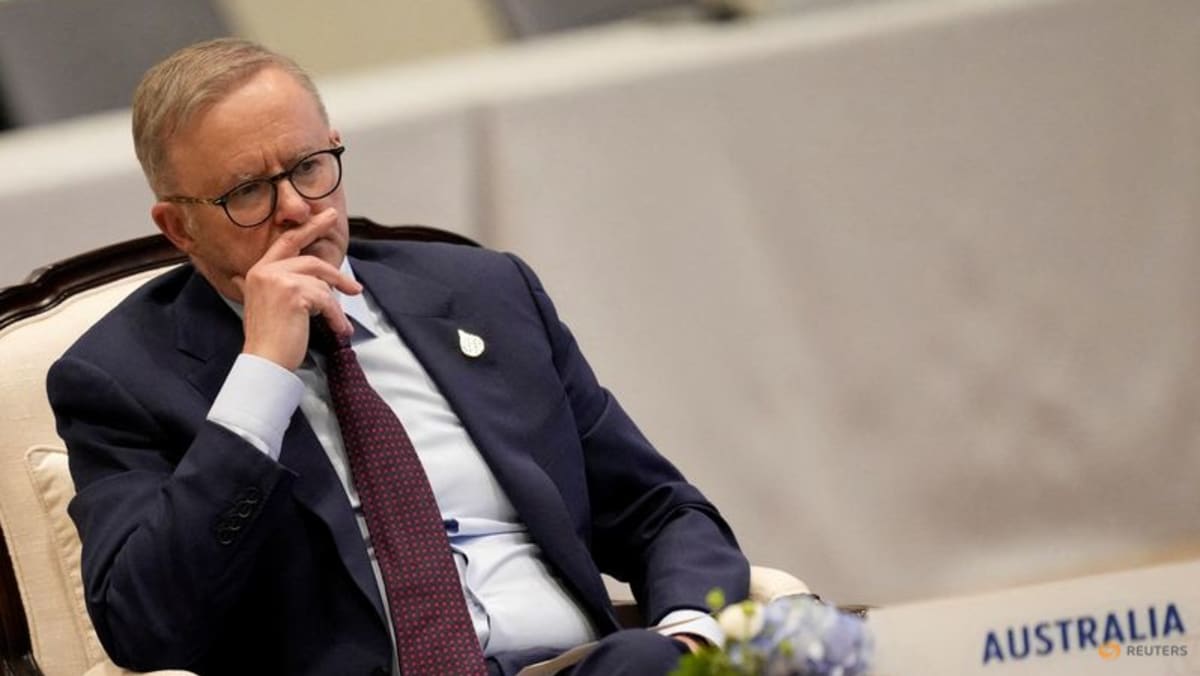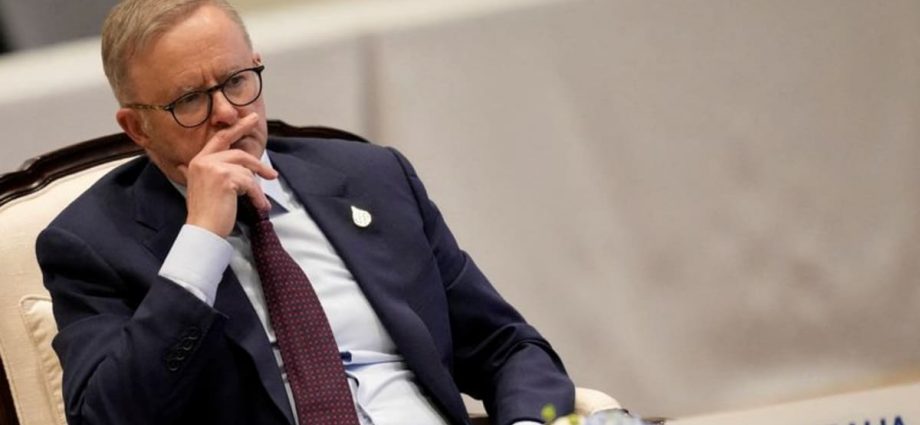
FEARSOME DETERRENT
For the last year and a half, detailed behind-the-scenes talks have taken place between Washington, Canberra and London about Australia obtaining sensitive nuclear-propulsion technologies.
Australia has ruled out acquiring nuclear weapons.
It is the first time US-derived nuclear submarine technologies will be exported since the 1960s, when the United States helped Britain design its own subs.
The submarine contract is worth tens of billions of US dollars, but experts say its significance goes beyond jobs created and investments pledged.
Nuclear-powered submarines are difficult to detect, can travel large distances for prolonged periods and are expected to be armed with sophisticated cruise missiles.
That, experts say, makes them a fearsome deterrent for any would-be foe – allowing Australia to launch strikes or counterstrikes deep into enemy territory with little warning.
Beijing has voiced deep opposition to the project, which it sees as “dangerous” and designed to corner China.
The deal is taking place under the auspices of AUKUS – a fledgling group including Australia, the United Kingdom and the United States that aims to share advanced military and other technology.
But major questions still hang over the project – whether Australia will look to buy US or British submarines, where they will be built and when they will be in the water.
“The AUKUS partnership seeks to provide a conventionally armed, nuclear-powered submarine capability to Australia at the earliest possible date,” a Pentagon spokesperson told AFP ahead of Albanese’s announcement.
“Bolstering our deterrence means boosting all of our industrial bases, growing our collective capabilities and sharing technology as never before.

